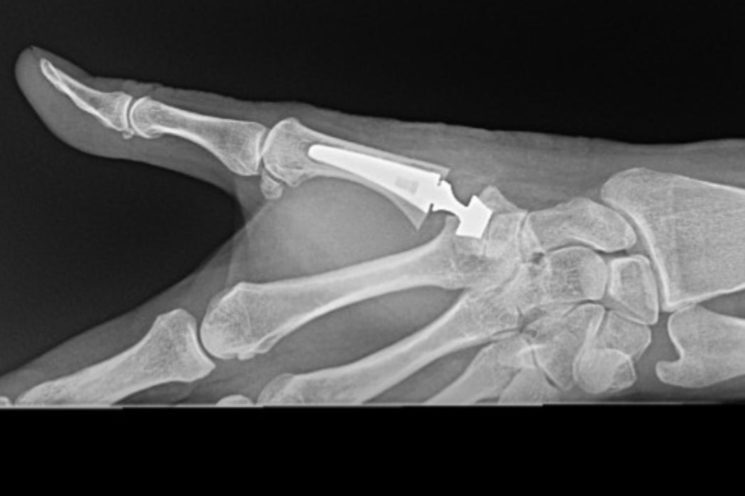
A report from Public Health England (PHE) found that the life expectancy for older people in England has risen to its highest ever level. However, despite evidence showing that people are living longer, many are doing so in poor health – which can dramatically affect their quality of life. This is particularly evident when looking at the impact ageing has on our joints.
Although joint conditions such as arthritis might not be able to kill you, they do have the potential to seriously undermine your health and wellbeing.
Why do our joints let us down?
Cartilage is the flexible, rubbery tissue that covers the ends of our bones and cushions our joints, allowing for a smooth range of movement.
Either as a result of wear or due to injury or disease, the cartilage and other tissues in the joint can deteriorate resulting in osteoarthritis, a degenerative joint disease that causes increasing stiffness and pain that can eventually limit what you are able to do on a daily basis.
As the most common form of arthritis, 7.3 million people in England have sought treatment for osteoarthritis – 33% of the entire population aged over 45.
Osteoarthritis can affect any joint in the body, but the most common are the hands and the weight-bearing joints in the hips and knees.
Prevention rather than cure
Age is a common factor in developing osteoarthritis. However, there are a number of other factors that can effect joint health including:
- Being overweight or obese – this puts a great amount of stress on the joints, particularly the hips and knees.
- Being inactive – this tends to be linked to being overweight, but even being relatively slim and physically inactive can increase your risk.
- Being injured – trauma to the tissues in the joint, including the ligament, meniscus and cartilage, can increase the chance of developing osteoarthritis in later life.
Early intervention is key
Damaged cartilage can be repaired and research into how to effectively regenerate cartilage tissue is ongoing. The Fortius Joint Replacement Centre at Cromwell Hospital is home to industry-leading surgeons who specialise in the diagnosis and treatment of joint health, using the latest techniques and robotic technology to deliver the best patient care.
Consultant Knee Surgeon Mr David Houlihan-Burne said: “At Fortius Clinic, we pride ourselves on providing the most advanced treatment and care for each individual patient. The installation of the Stryker Mako robotic-arm system is a prime example of this. The technology allows a personalised surgical experience delivered with precision, reducing pain and resulting in quicker recovery times.”
In addition to state-of-the-art technology, the centre offers an enhanced recovery pathway which aims to accelerate and improve all aspects of a patient’s recovery process following surgery. With faster recovery times, lengthy hospital stays are now a thing of the past, helping not only to get you back home quicker but enabling you to have a better quality of life.



